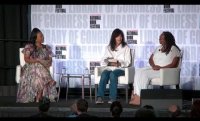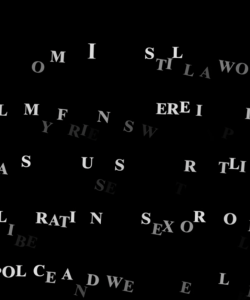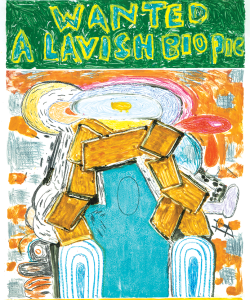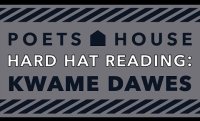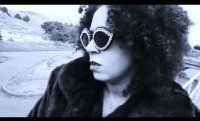Joy Harjo and Camille T. Dungy on Nature Poems
In this 2023 National Book Festival event, Joy Harjo, author of Weaving Sundown in a Scarlet Light: Fifty Poems for Fifty Years (Norton, 2022), and Camille T. Dungy, author of Soil: The Story of a Black Mother’s Garden (Simon & Schuster, 2023), read from their work and discuss writing about nature in a conversation moderated by NPR’s Ayesha Rascoe. Dungy’s essay “Manifest Some Magic: Get Out of Your Own Way and Do the Darn Thing” is included in the January/February issue of Poets & Writers Magazine.





